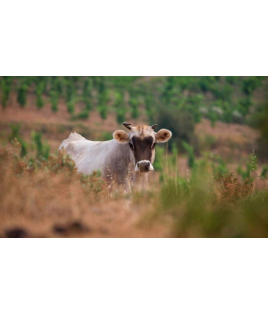No products
Prices are tax included
Product successfully added to your shopping cart
There are 0 items in your cart. There is 1 item in your cart.
The conduct of the vineyard in organic farming is based on the following techniques:
• Implementation of preventive measures to reduce the sensitivity of culture to parasitic attacks, before considering the use of plant protection products.
• Use of products exclusively of natural origin for fertilization and protection of vineyards.
• Prohibi...
The conduct of the vineyard in organic farming is based on the following techniques:
• Implementation of preventive measures to reduce the sensitivity of culture to parasitic attacks, before considering the use of plant protection products.
• Use of products exclusively of natural origin for fertilization and protection of vineyards.
• Prohibition of genetically modified organisms (GMOs) or derived from GMOs.
• Managing weeds by mechanical interventions (floor work, mulching, hand weeding ...)
The practice organic viticulture systematically increases the resource of labor to compensate for the reduced use of products: observation time in the vineyard to anticipate interventions, mechanical management and non-chemical weed ... It usually results an increase in production costs (depending on environmental conditions).
The European organic regulation requires a period of conversion between conventional and organic farming. In viticulture, you have 36 months of conversion before being certified organic. The winemaker can communicate its commitment to go organic only until the second year of conversion and if he uses only one ingredient of agricultural origin in wine (wine alcohol, rectified concentrated grape must and sugar are prohibited). The certification will be "product under conversion to organic farming".

